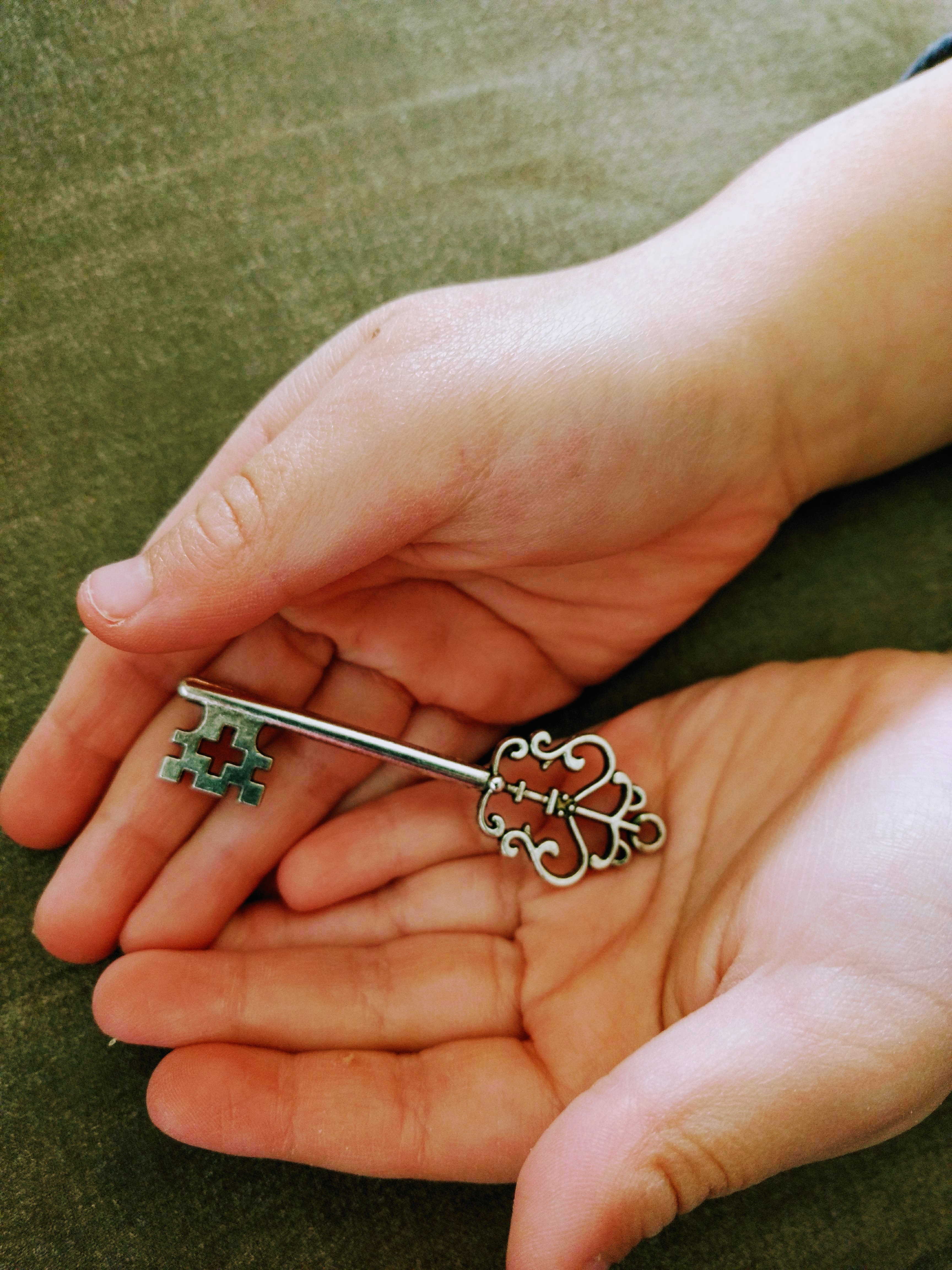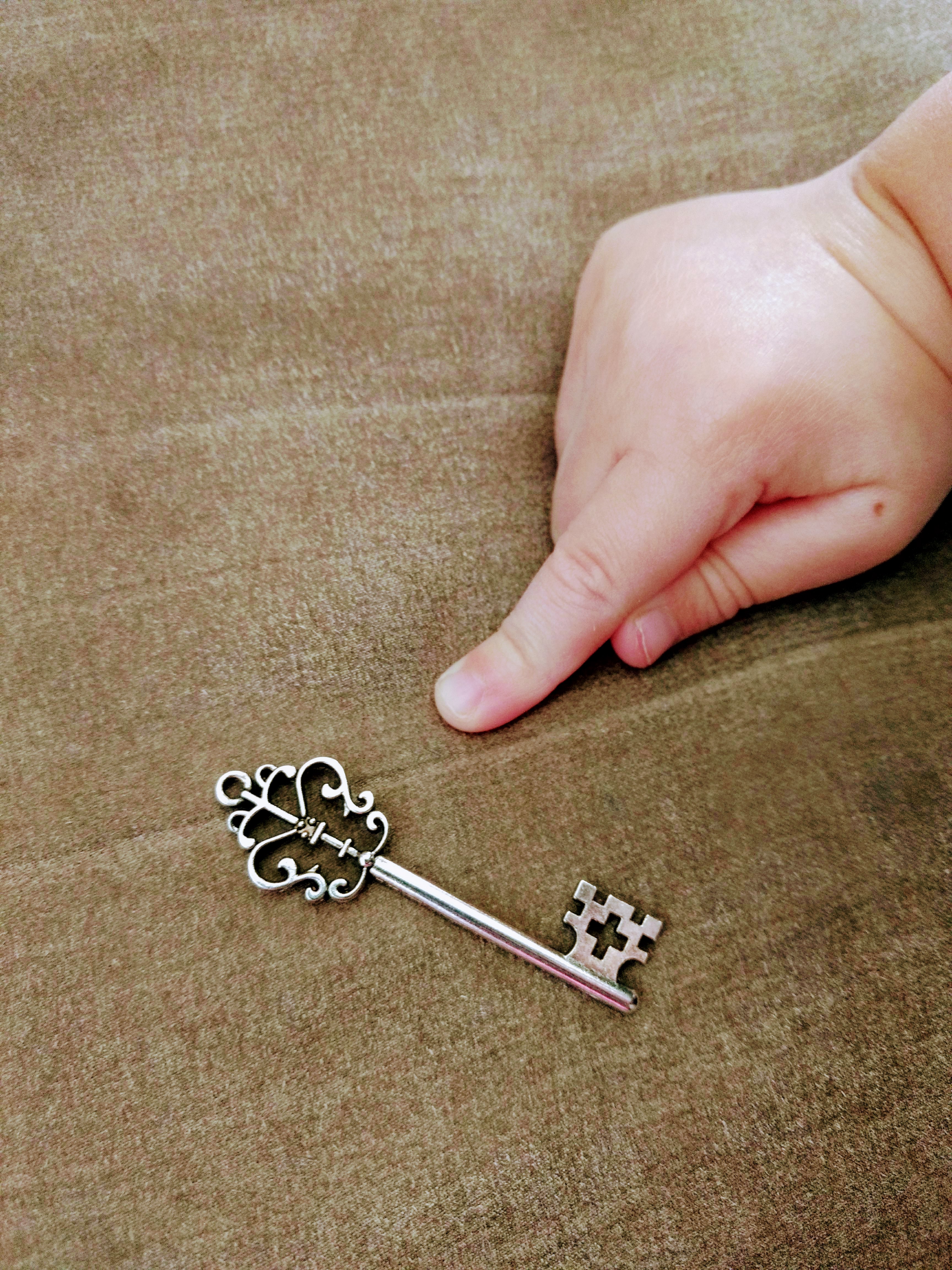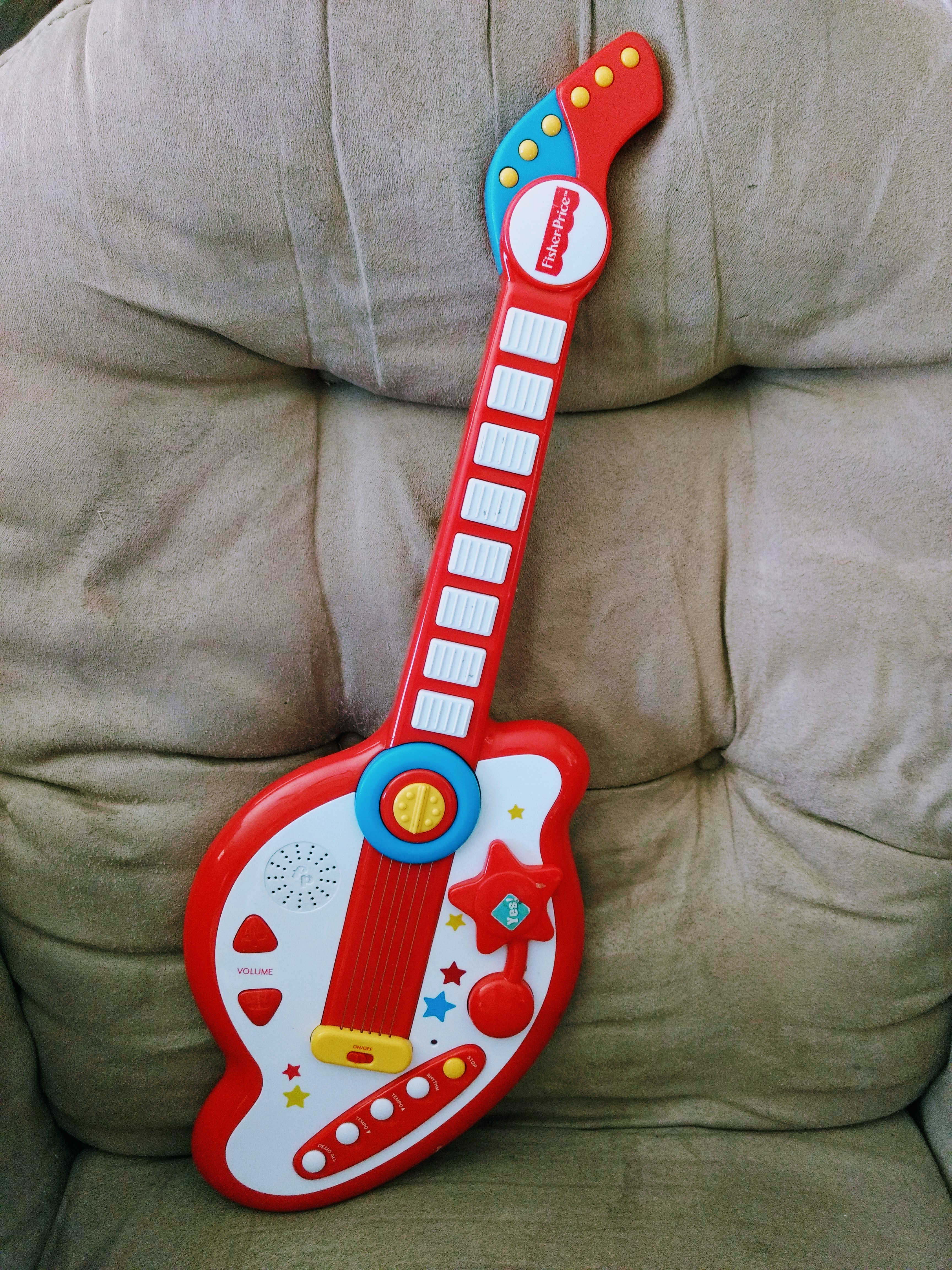How To Cultivate Responsibility in Children

This post may contain affiliate links and we may earn compensation when you click on the links at no additional cost to you.
It is always interesting to hear what people are most afraid of when it comes to future parenting.
Parents that are planning or expecting their first child are always anxious about different things, usually influenced by their own experiences and scope of understanding.
What do I do if they get sick?
How will I know when to feed them and if it’s enough?
What do I do if they won’t stop crying?
Will I ever sleep again?
Exactly how much is this bundle of joy going to cost me?
Experienced parents don’t worry about these things.
We already know we will never sleep again, lol.
However, it’s interesting to me that whether parents are experienced or not, one question seems to stand out as a constant worry throughout the years of raising their child(ren).
How do I teach my child to be responsible for their own thoughts, feelings, actions, and choices?
There are some things that children can learn from their parents simply by example but choosing to take responsibility takes more than observation alone.
It takes practice.
So does teaching a child responsibility.
It takes practice.

Perspective is Key
First of all, WHY should your child choose to take responsibility for anything?
I can almost guarantee that every parent will hear some form of that question at least once in their parenting life.
We teach our kids that they participate and are given responsibilities because they are part of a whole.
Their efforts contribute to something bigger than themselves.
Chores contribute to the whole household being clean.
Your happiness contributes to a happy healthy family life.
Homework contributes to their test scores and overall learning for the year.
Sports practice contributes to the success of the whole team during the season.
One day when they are an employee, their efforts will help the entire company run efficiently.
The structure of success starts with each child and their willingness to understand and accept their responsibilities as part of something bigger than themselves.

Teach Them To Identify Their Choices
Trying to help my children see each situation in a responsible light was extremely difficult for me.
Somewhere between child two and three I finally realized that all I need to do is hand the problem back to the child in a loving and supportive way.
Jumping in and explaining everything to my child does NOT allow them to grow.
As soon as I jump in and take responsibility for the problem, I have taken away their choice to be responsible for the problem.
I have to kindly remind them that THEY are in charge of figuring out what to do and that I am here to help if they need it.
For example, if my child is upset because their sibling made a mess in their room, I say “I am sorry that happened. What are you going to do?”
They often will still try to get me to solve it for them by asking me to talk to the child who made the mess, but I send it right back to them.
“Did YOU talk to your brother? What did he say? So what can you do now?”
When you hand the problem (and the responsibility to solve it) back to your child, they are forced into thinking mode instead of shut down mode.
The wiring in their brain switches on and can begin organizing possible solutions.

Keep The Responsibility on Them Until The Issue is Resolved
Make sure not to fall into the false end zone trap.
This means you encourage your child to take responsibility and they come up with a solution, but then you -gasp!- step in and take the responsibility away from them at any point in the process.
DON”T step in and say something like “That idea will work perfectly” or “I think you should ___”.
Parents that impose their judgement at any step of the process negate the learning process.
If your child knows that you will step in at some point and solve it for them, they will not even try or will not try very hard.
Instead, HAND IT BACK TO THEM.
“What do you think will happen if you choose to ___?”
“Which solution are you going to try?”
Once they are done solving the problem, it is important to ask them how it went.
If they chose poorly (they went in their room and hit their brother or yelled at him) then it is time to explain the consequences for their choices and enforce family rules.
If they chose well (talked it out with their brother and then worked together to clean it up) then it is time to reinforce the good choices that they made.
It is also always good to talk for a moment about what the child can do to avoid the problem in the future (keep your door shut).
That way in EVERY PART of this responsibility exercise, your child is focusing on his choices and what he can choose to do.
The power of choice and responsibility is huge for children to understand and use in a positive way, but it takes daily practice for this skill and it takes parents that ALLOW their kids to practice it.
Bonus Tip:
There are some kids that this process of coming up with their own solutions will simply not work for.
My son on the autism spectrum absolutely, unremittingly, and insistently will not come up with a solution.
He is very smart and we have been practicing this skill his whole life but he absolutely will not or can not come up with solutions, especially if it involves other people.
I took a community Love and Logic class specifically for this issue we were having.
I spent four weeks attending the class and combing through the information until I hit the jackpot!
If I ever offer a solution, he tries it and intentionally messes it up.
Every time.
In his frustration he wants to be right so he destroys all chances of my idea working.
In this class I learned a golden statement:
“Sometimes I have seen kids try ___________.”
“Is that something you would like to try?”
Phrasing it like this takes me COMPLETELY out of the line of fire.
It is a fool-proof way to keep the responsibility on my child because I am not telling him what to try, I am not suggesting that I think it’s a good idea, and yet I am still extending a loving and supportive manner to my child.
Once they are calmed down if they were upset, if they are genuinely trying to come up with solutions and are completely stuck, this is a perfect way to help them without taking the responsibility away from them.
If they are not genuinely trying, they are on their own to figure it out.

Be A Mirror
The best way for most parents to teach their child to take responsibility for themselves is to be a mirror.
Reflect your child’s actions and choices back to them so that they are aware of their actions and so that they are given the responsibility throughout the whole process.
My son used to bombard me with demands to solve the problem.
“Would you please TALK to him?!”
“Did YOU talk to him? What did he say? So what are you going to do?”
Or my favorite: “I asked him to stop bothering me and he won’t stop”.
“So he is still doing it, right now?”
They are usually shocked to realize that their efforts did have an effect and that even by removing themselves to come tattletale to me, they solved the problem by leaving.
Be a mirror to your child to help them understand how their positive or negative actions are affecting themselves and others.

You Are a Rock Star Parent
Think about it, rock stars are famous because of their talents and because they have a large fan base.
EVERY parent is a rock star because of their talents (think patience, kindness, selflessness, compassion) and because of their global fan base (all other parents in the world).
Every parent is doing the best they can today, and each one deserves a standing ovation because parenting is tough.
There are so many characteristic traits we are trying to teach our children.
Teaching them responsibility is not an easy task.
*Parents must remain calm and supportive (it’s much easier to do when you yourself don’t have to take the responsibility) throughout the entire process.
*Be a mirror to your child to help them understand how their positive or negative actions are affecting themselves and others.
*Be prepared to reinforce consequences for poor behavior choices (for example a time-out if they chose to solve the problem by hitting a sibling).
*Remember this is a process for both of you, and it takes practice every day.
It may help to explain to your child what you are doing and why so they are not shocked by your actions if you usually step in and solve things for them.
“It is my job to teach you how to solve problems so I won’t be telling you how to solve your problems anymore. Instead, I am here to support you while you learn to solve them all by yourself.”
Parents really are ROCK STARS and I have loved getting to know so many in this wonderful blogging community!
Please let us know in the comments how you choose to teach your child(ren) to be responsible.
Please share this article with family and friends using the share buttons below!
Best wishes to your family for a wonderful (and responsible) day today and every day!
About The Author
savannahsal
This post may contain affiliate links and we may earn compensation when you click on the links at no additional cost to you.
Savannah loves being a Lifestyle Writer sharing her experiences and insights as a mother of six young children. She loves to empower mothers to find better balance and enjoy higher quality time with their family through purposeful family living.


Meagan | 14th Jan 19
“Parents that impose their judgment at any step of the process negate the learning process.” So. Hard. To. Do!
This whole article… I actually feel like this is something I was REALLY good at as a teacher (they thought I was heartless at the beginning of the year because I wouldn’t “help” them) but as a parent, it’s really hard not to just tell them what to do.
Part of it is I have very young children. Fourth graders I can stand by and refuse to give them the answer, but with my 3-year-old, it’s a little harder!
savannahsal | 14th Jan 19
Your kids are so lucky that you have a professional teaching background. You will be twice as amazing at teaching them to be responsible! It’s very true, younger children may need some more guidance but it depends on the kid. When my three year old asks me “What should I do?” and I ask “What SHOULD you do?” he almost always has a pretty good soution. Most of my other kids couldn’t do that well at age three and they needed a bit more guidance. Best of luck to you and your son!
Danielle | 14th Jan 19
Real talk, you are a rock start parent!!! I loved these tips and the explanations that you shared! I think this makes such a big difference and is so helpful for our children!
savannahsal | 15th Jan 19
Thanks Danielle, every parent truly is a rock star!
Erin | 18th Jan 19
These are amazing tips! Responsibility is so important, yet it can be such a headache to teach to our kids sometimes. You made it simple. Perfect!
savannahsal | 18th Jan 19
All parenting is a headache some days (or most days) but we hope this helps simplify teaching responsibility a little. Best wishes to your cute family!
Season | 21st Jan 19
LOVE THIS!! Thank you for such a helpful post! Sometimes it’s too easy to want to jump in and help them. This has me thinking about how I can step back further and let me child do more in the way of problem solving and working through situations on his own!! 🙂
savannahsal | 22nd Jan 19
It’s always good to have a refresher but I know you truly do a great job teaching your children to act and think responsibly!